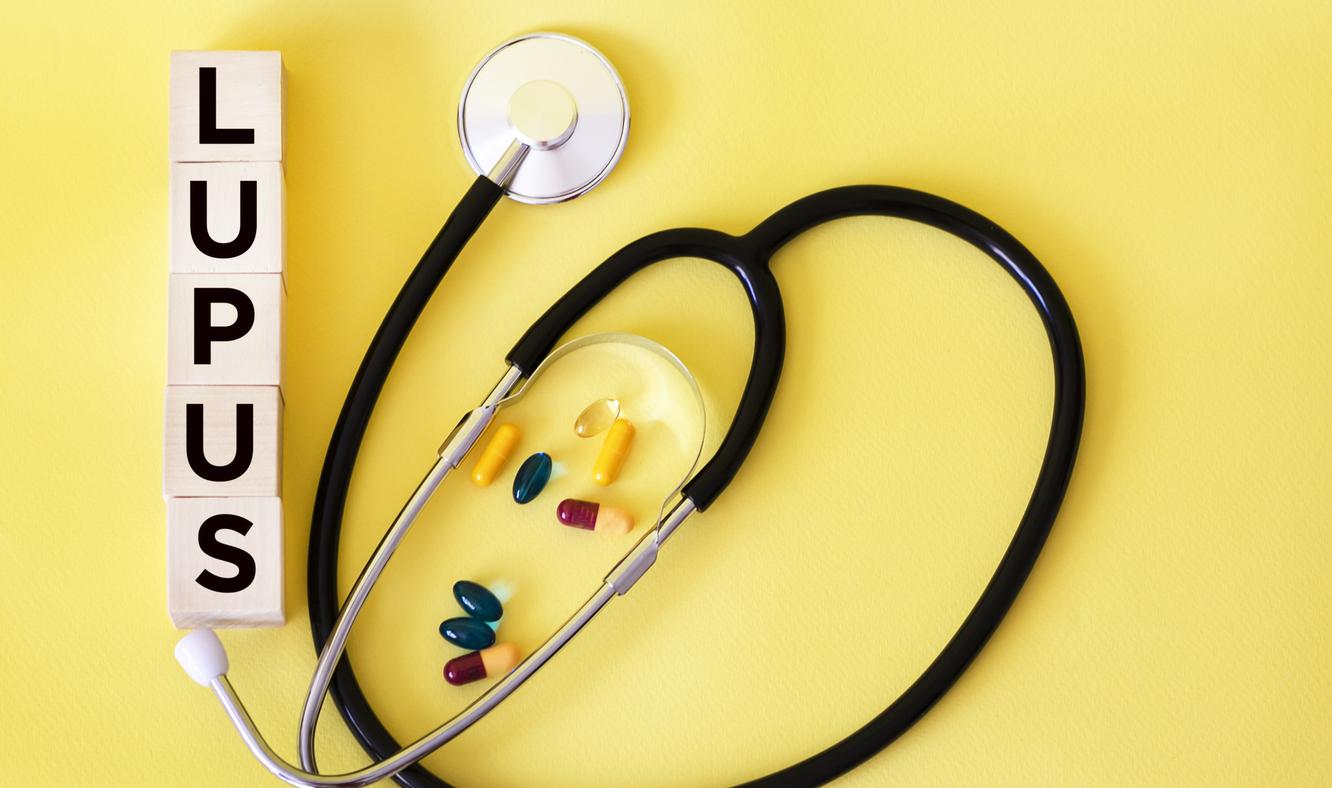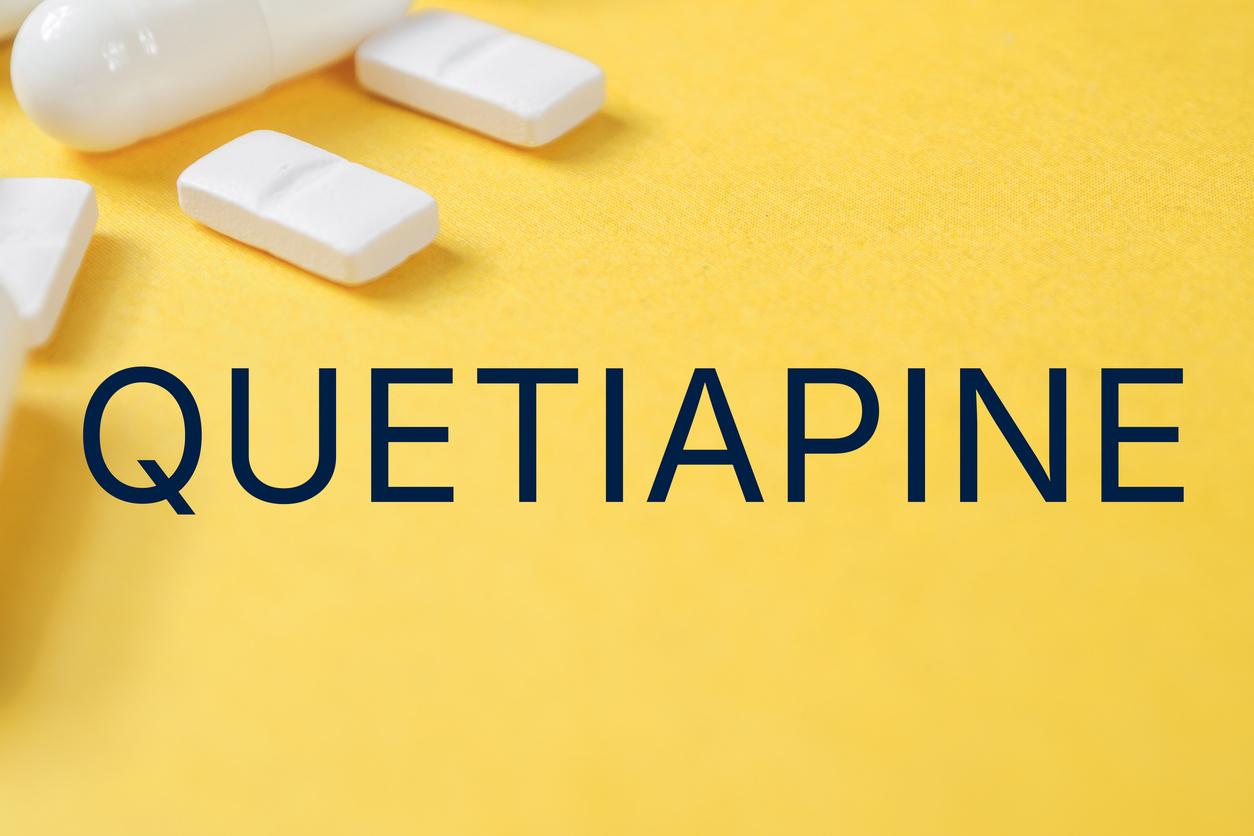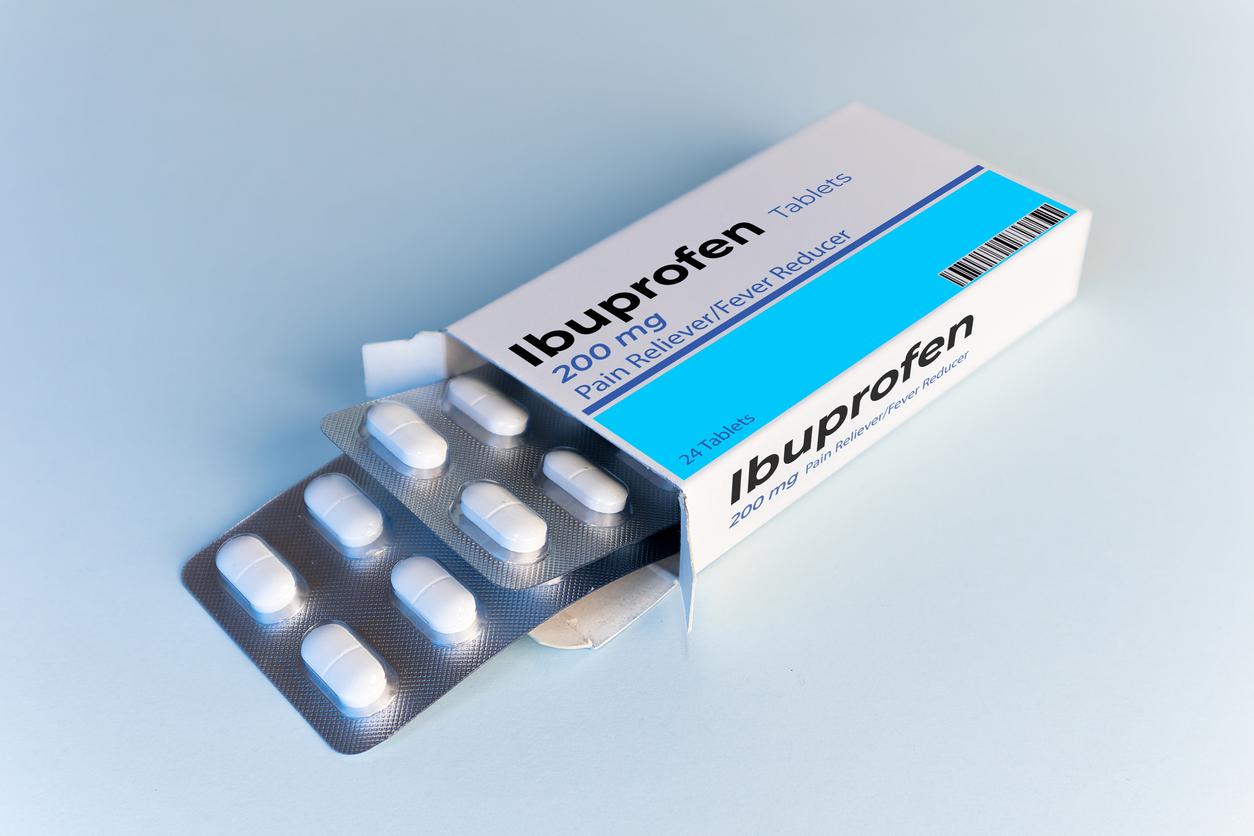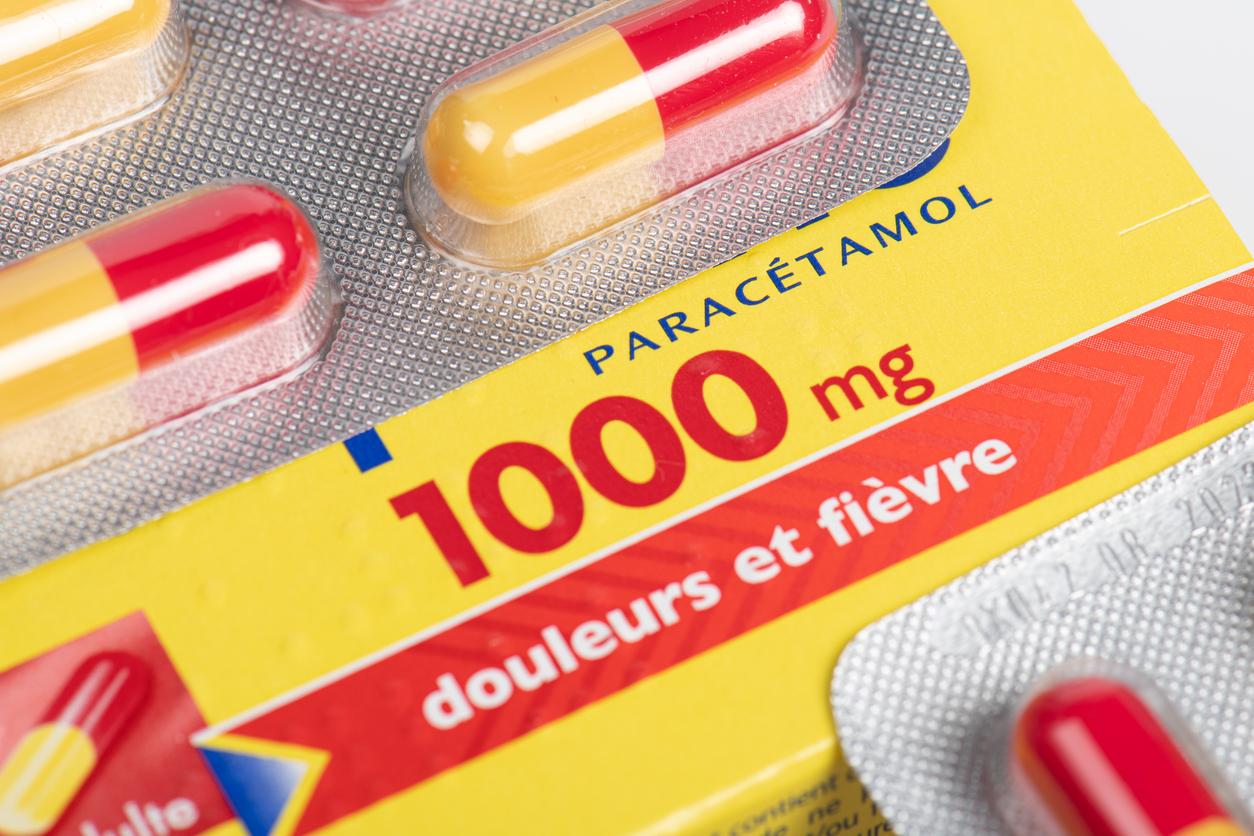Solriamfetol – a drug used to treat excessive sleepiness linked to narcolepsy and sleep apnea – could be an effective alternative to treat attention deficit hyperactivity disorder (ADHD) in adults.

- Solriamfetol is currently approved to treat excessive daytime sleepiness caused by narcolepsy or obstructive sleep apnea.
- A small clinical trial shows that the treatment could also be effective against ADHD in adults.
- However, larger studies are needed to confirm this finding.
Adults suffering from attention deficit disorder with or without hyperactivity (ADHD) could soon count on a new alternative to reduce their symptoms. Researchers from Massachusetts General Hospital (MGH) demonstrated that the active substance solriamfetola wakefulness-promoting medication used to treat excessive sleepiness related to narcolepsy and sleep apnea, is also effective in managing ADHD in adults. Their work was published in the journal Journal of Clinical Psychiatry on October 9, 2023.
Solriamfetol : it reduces the symptoms of ADHD
To assess the potential effect of solriamfetol on ADHD, scientists brought together 60 adults suffering from this disorder. These participants were divided into three groups: one taking a dose of 75 mg of the active substance, the other receiving 150 mg and the last having a placebo. After 6 weeks of treatment, ADHD symptoms were assessed in the volunteers using various tests. Data analyzes revealed that a greater proportion of people taking solriamfetolshowed significant improvement in their symptoms compared to patients receiving a placebo.
“Our results suggest that the solriamfetol may be a safe and effective treatment for ADHD in adults. Larger studies replicating these results could confirm the strong evidence of benefit and tolerability of this agent as a treatment.”explains lead author Dr Craig B.H. Surman.

ADHD: a potential new treatment option for patients
In addition to its effectiveness against ADHD symptoms, solriamfetol was well tolerated by study participants. The researchers noted that the substance did not have a significant effect on the participants’ sleep quality, heart rate or average blood pressure. However, some adverse reactions – similar to those seen when treating narcolepsy – have been reported, including decreased appetite, headache, gastrointestinal disturbances, insomnia and increased appetite. energy. However, these effects were generally mild and well tolerated by participants.
“While there are currently safe and effective treatments for ADHD, they are not effective or well tolerated by all patients with the disorder. Our findings offer hope for a new method to support the daily challenges that people with ADHD face.”concludes the expert in a communicated published by its establishment.

















